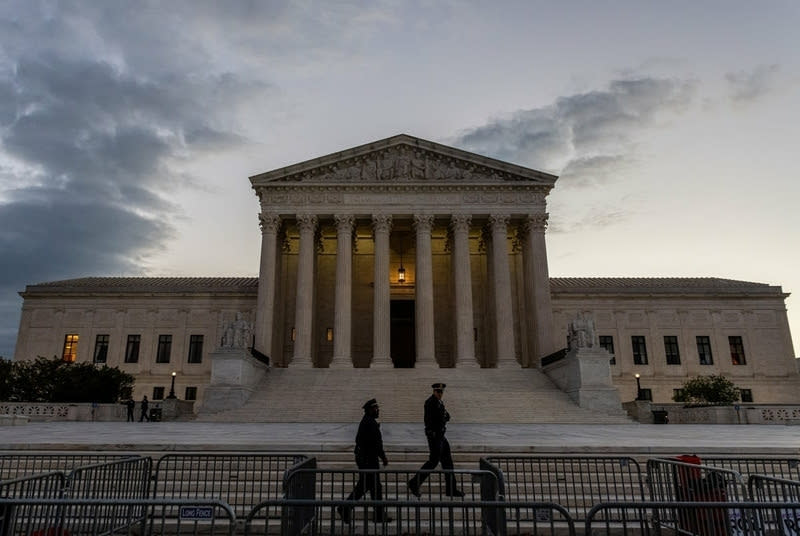Key court decision elevates the need for consumer rights advocacy

The U.S. Supreme Court building in Washington, D.C. (Ariana Figueroa/States Newsroom)
A recent landmark Supreme Court ruling marks a significant shift in the enactment and enforcement of consumer protection rules.
The decision in the case, Loper Bright Enterprises v. Raimondo, overturned a doctrine established by a 1984 case brought by Chevron, the oil giant, against the Natural Resources Defense Council. In that case, the Supreme Court directed courts to defer to federal agencies in interpreting ambiguous laws passed by Congress.
This shift introduces new and uncertain challenges, making the collective action of informed consumers, the legal community and supportive organizations more vital than ever for consumer justice.
The so-called Chevron deference shifted interpretations to experts in agencies such as the Consumer Financial Protection Bureau, Federal Trade Commission and Environmental Protection Agency have technical experts who deeply understand their respective areas and can make meaningful choices about rules that protect us as consumers.
With the removal of the Chevron deference, judges now hold the final authority in making these crucial choices. However, they may lack the technical knowledge necessary to analyze unclear laws effectively. This shift in power could lead to a number of potential consequences, including more legal challenges, delays in implementing protections and the overturning of established rules. These changes will significantly impact consumer protection across the U.S. Let’s consider the implications for the three key consumer protection agencies.
The Consumer Financial Protection Bureau was established in 2011 to protect consumers from unfair, deceptive or abusive practices in the financial sector. To hold financial institutions accountable, bureau officials have often interpreted broad and ambiguous laws to create regulations that benefit and protect consumers, such as regulating payday lenders and debt collectors. With this ruling, current consumer protections risk being weakened or overturned entirely should the courts closely examine these regulations and arrive at different interpretations than the Consumer Financial Protection Bureau.
Similarly, the Federal Trade Commission has relied on its broad directive to interpret the Federal Trade Commission Act in ways that adapt to new and emerging technologies. For more than 100 years, the commission has protected us from deceptive advertising, anti-competitive practices, and data breaches. If courts determine that the commission’s interpretations overreach, consumers may face increased risks should dishonest business practices not be sufficiently regulated.
To protect people from environmental hazards such as air and water pollution, laws like the Clean Air Act and the Clean Water Act mandate that the Environmental Protection Agency interprets broad language to create specific rules. Without Chevron deference, environmental regulations that ensure clean drinking water or limit harmful emissions may face more legal challenges, which risks the delay or even the total rollback of critical protections that impact our environment and public health.
The Supreme Court’s decision highlights the importance of advocating for clear, straightforward policy solutions that protect our interests without question. This decision further highlights the crucial role of consumer attorneys, who serve as our voices in the courtroom, sharing our stories and ensuring that judges have the necessary information to keep us and our communities central when making decisions that directly impact us. And importantly, why we as consumers must stay informed about changes affecting our rights and protections.
The Loper decision creates a shifting legal landscape that will significantly change how consumer protection laws are understood and enforced nationwide. Despite the uncertainty, we know we are stronger when we collaborate. When you use your agency as an informed and vigilant consumer, you can influence outcomes that impact you and advance the movement for consumer justice. Together with the legal community and pro-consumer organizations, let’s unite, roll up our sleeves, and work to have our rights upheld and make our voices heard.
The post Key court decision elevates the need for consumer rights advocacy appeared first on Oregon Capital Chronicle.

